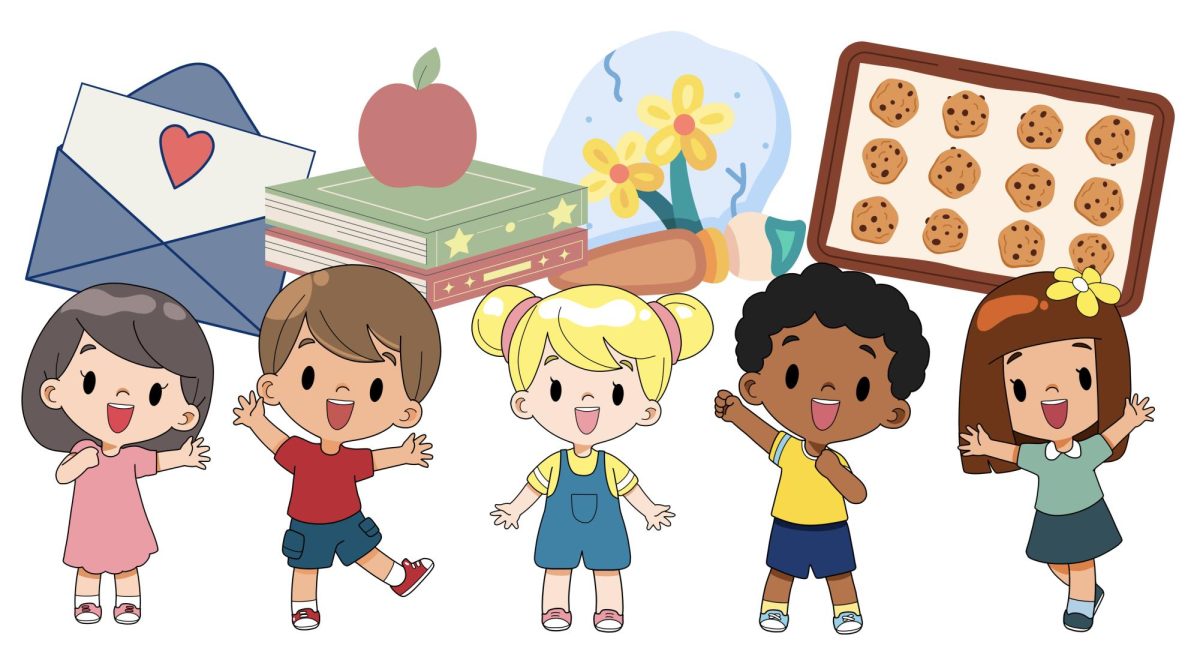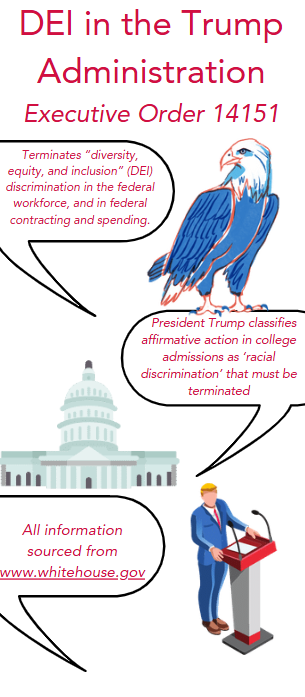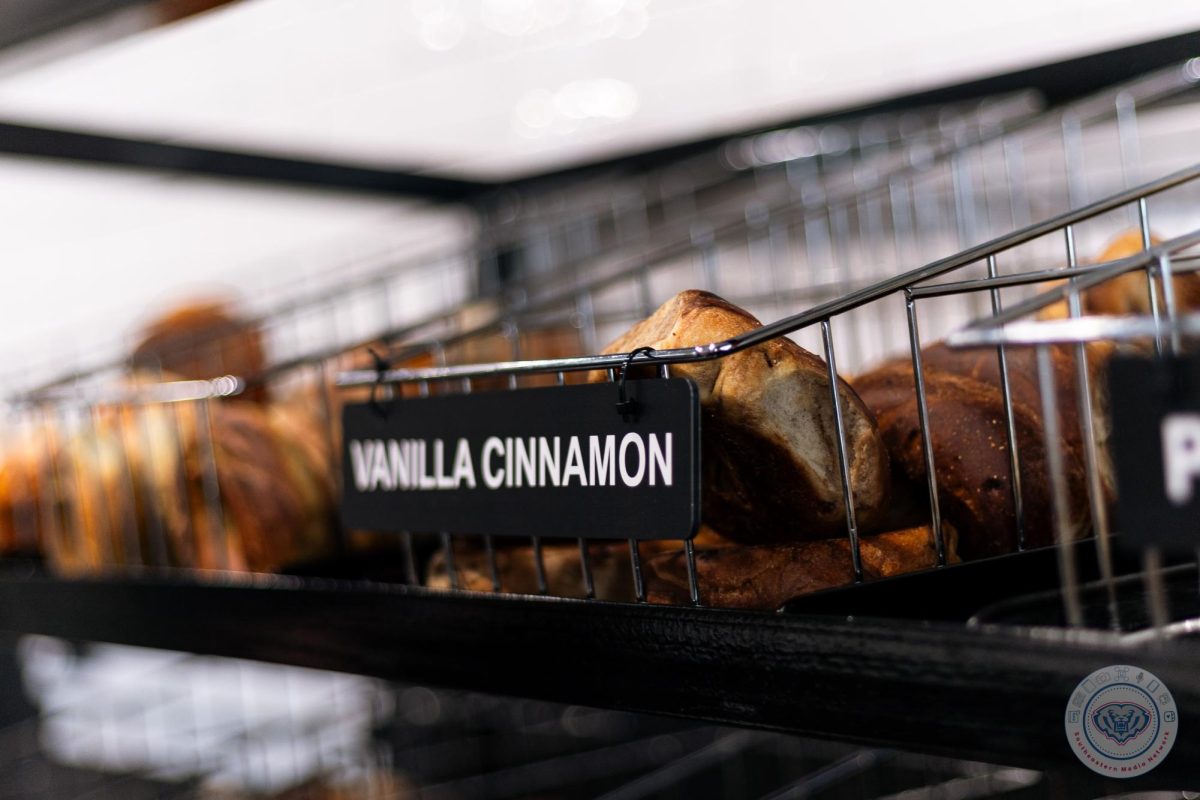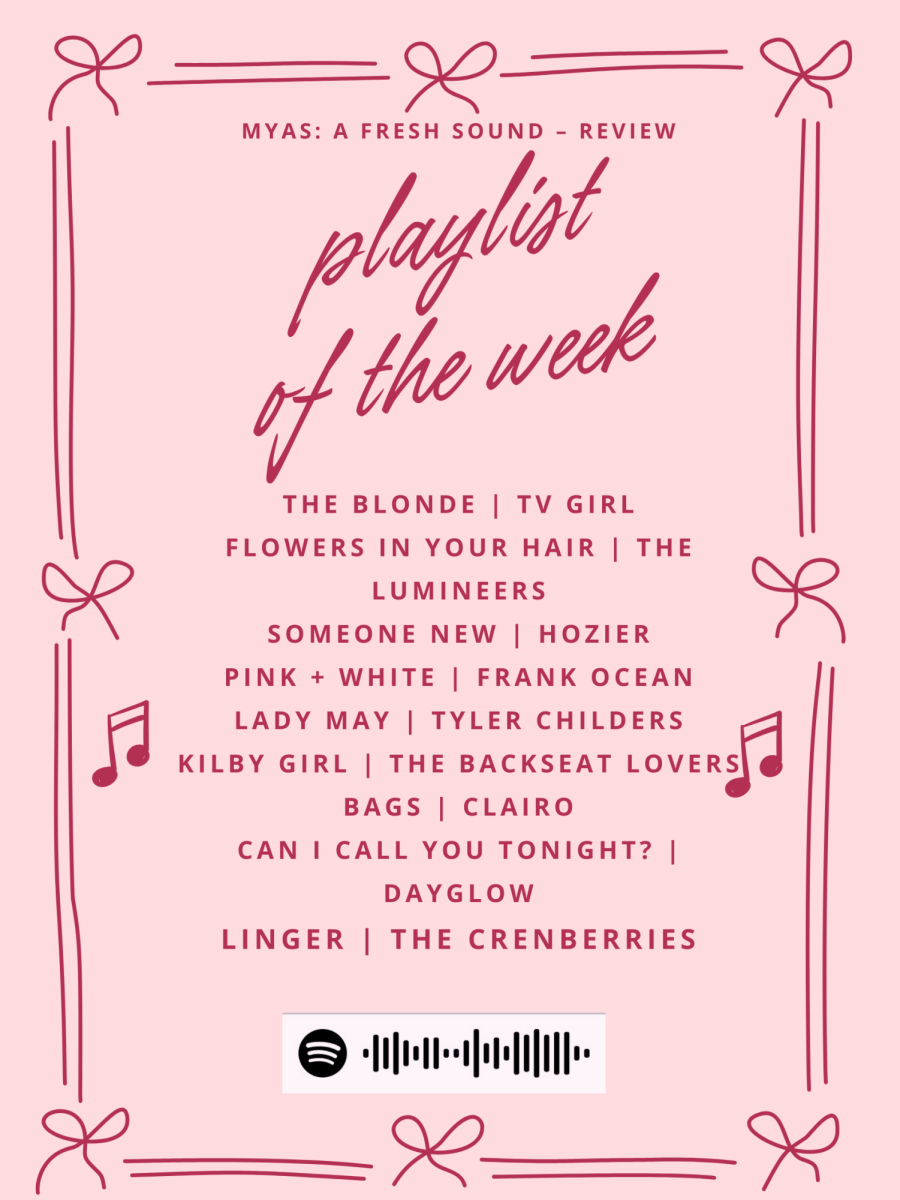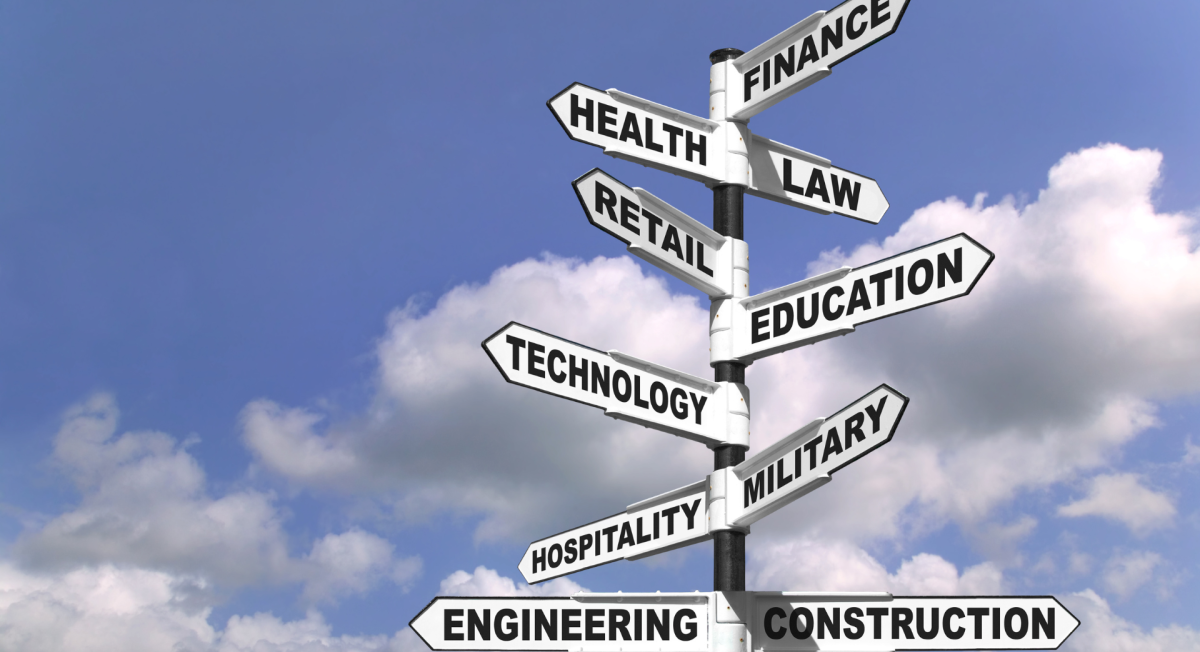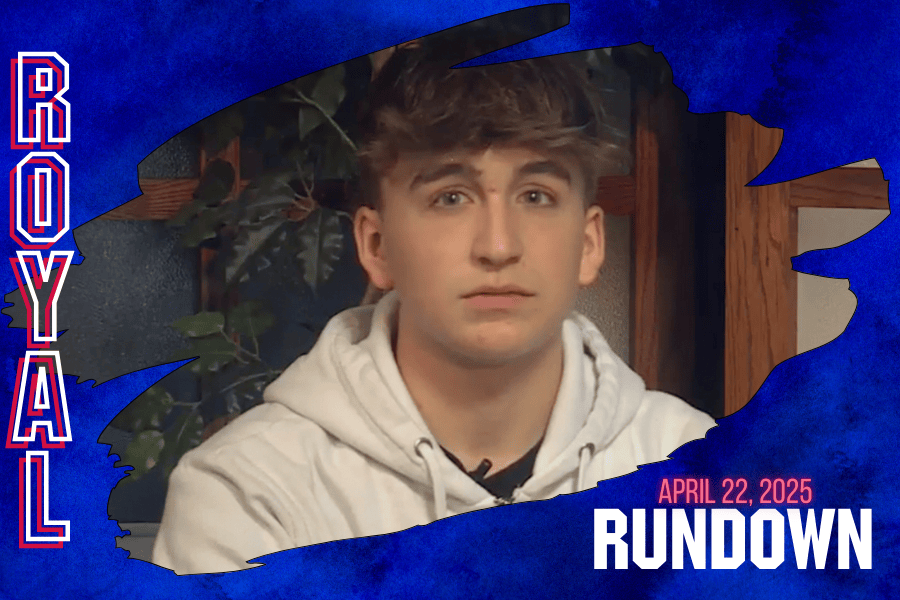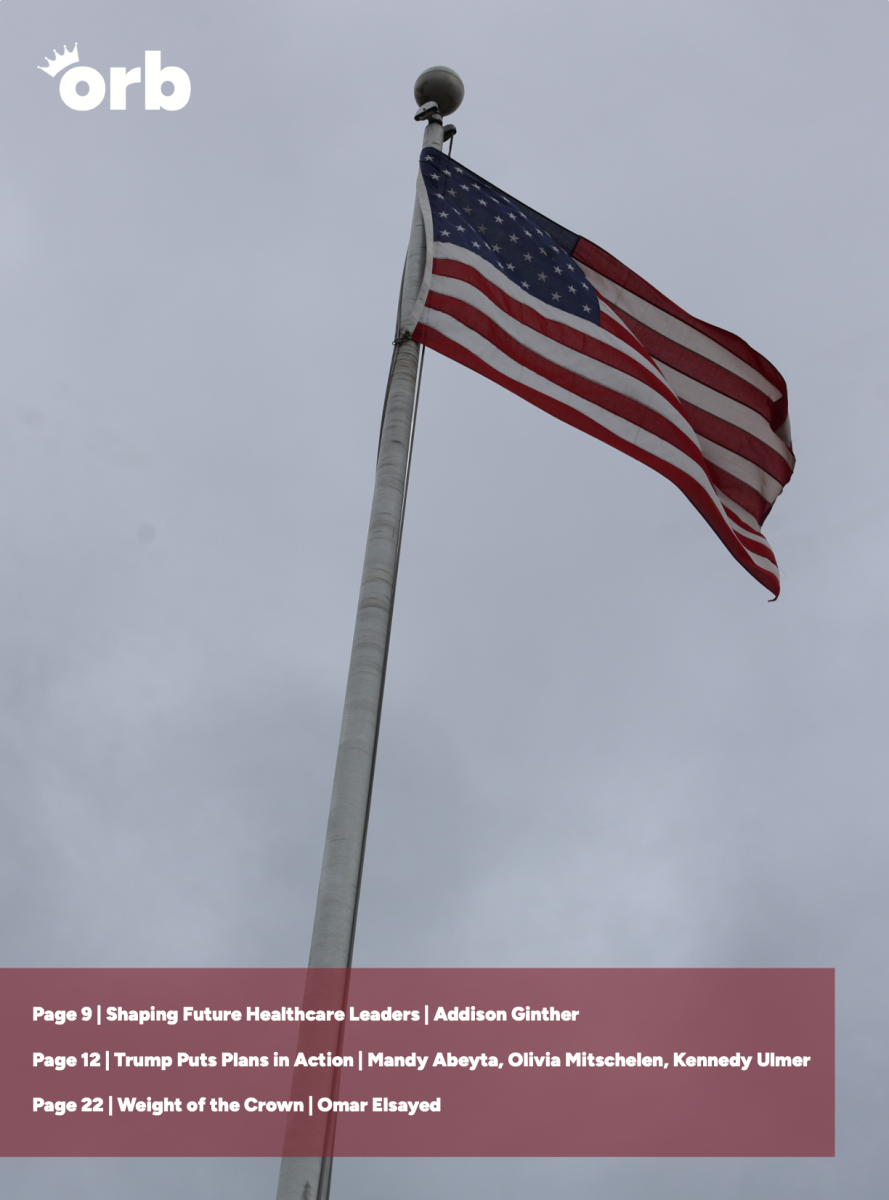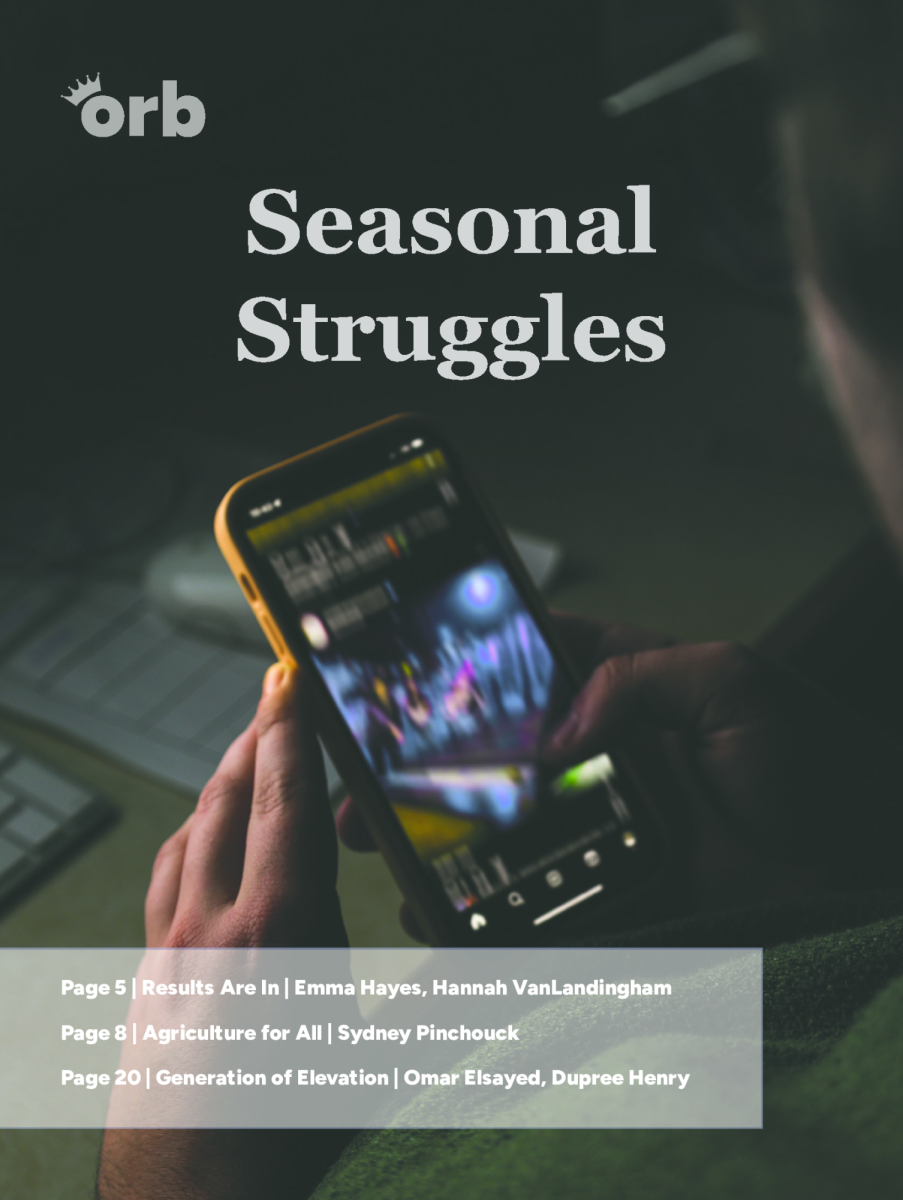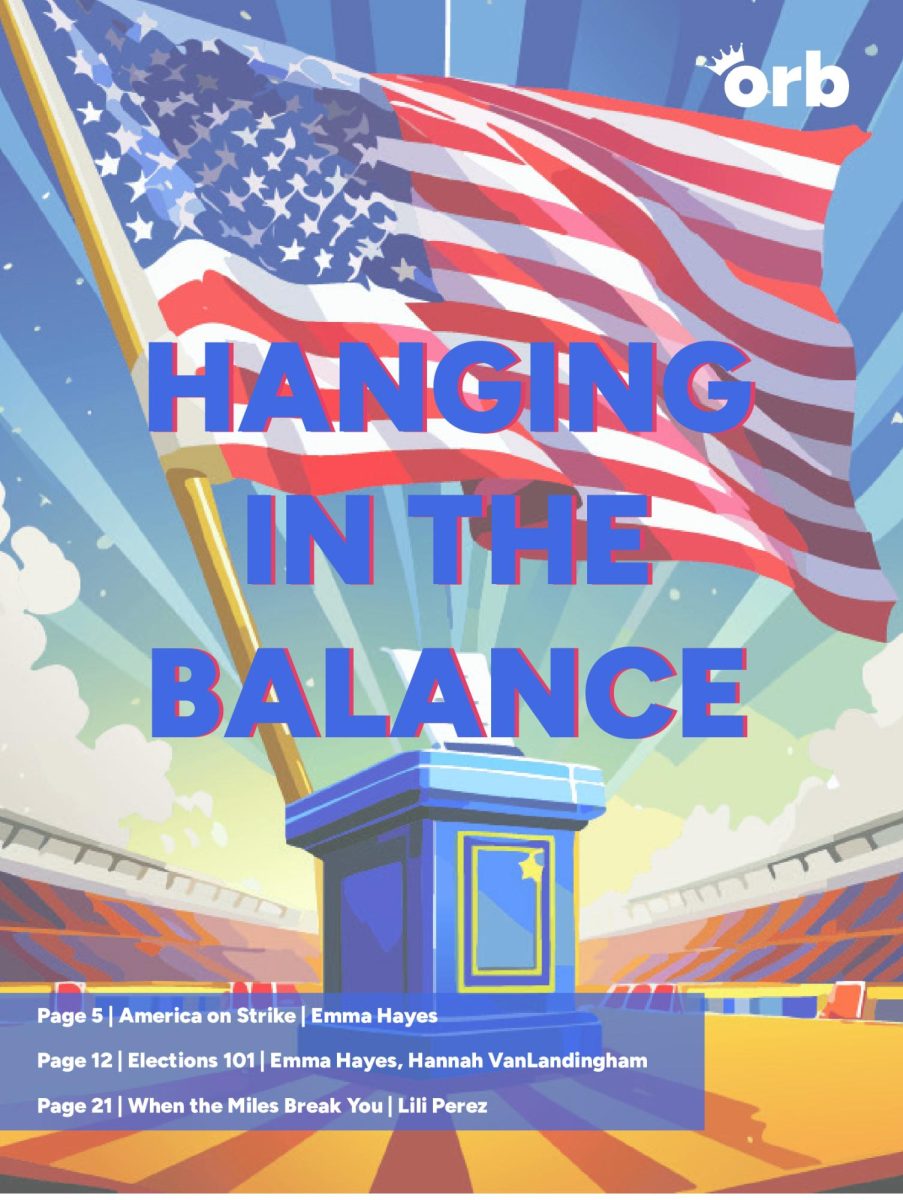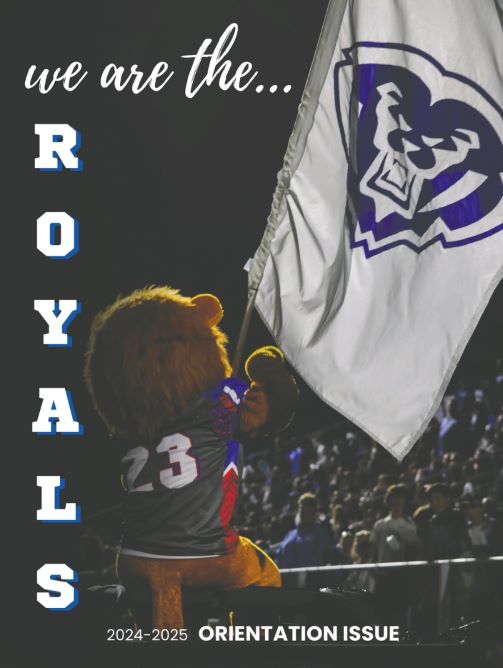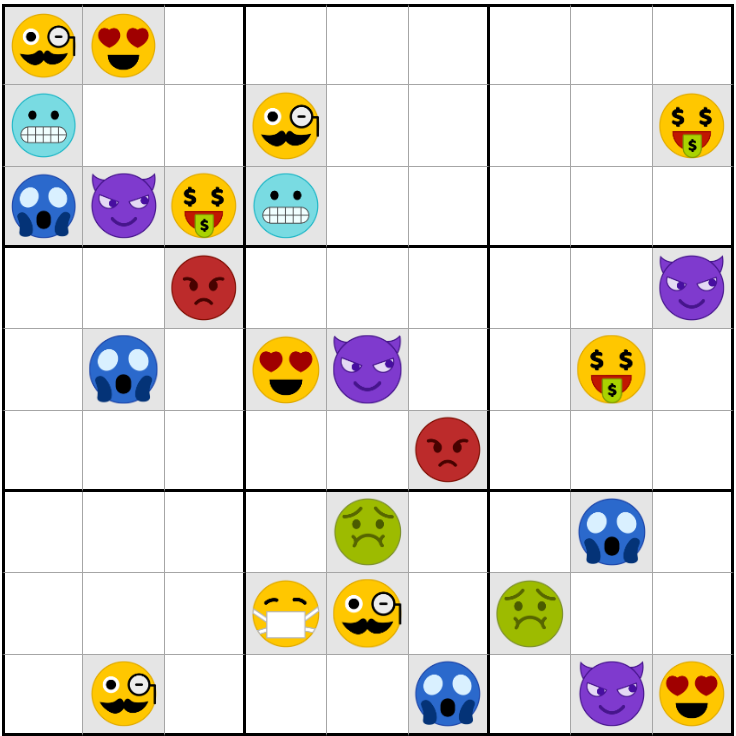Social Whitewashing Should Not Exist
Debate student’s opinion essay from Ms. Habig’s Debate class.
February 28, 2023
Whitewashing. While using that phrase when referring to movie stars who don’t represent ethnicities correctly is one thing, using it on a personal level can be problematic. It can be problematic because its meaning doesn’t match its intent, it goes against equality in social economics, and it can stick with someone. For those reasons and more, stop casually saying “whitewashed”.
When looking up what whitewashed means, many results pop up, such as Merriam-Webster, stating that it is glossing over or covering up something. In a social sense, whitewashing is when someone who is not white adheres to what is considered white culture rather than conforming to their own culture. If most social definitions come from their dictionary definition, how did we go from suppressing something to different ethnicities acting white? It’s simple, really. It’s almost like we’re “disguising” our culture, but in reality, we’re not. We’re just trying to fit in like every other teenager. Why, then, are we the ones having to hear commentary on fitting in just because we were born a different race? Not only that but sometimes just hearing the word “whitewashed” triggers the thought of not being close enough to my own culture.
As someone with highlights, I have them because they were a trend, not because I didn’t like my Asian black hair. On the other hand, thinking about the phrase makes me question if I’m not showing my identity enough because I’m getting rid of my natural hair and leaning towards lighter hair, a white standard. It’s not just the hair but also materialistic items.
The items that define basic and define “white” standards are the very items that are considered luxurious. What is fancy coffee? Starbucks. How about nice leggings? Lululemon. Don’t even get me started on the different overpriced skincare brands. Why is every brand that is remotely elevated to a higher standard considered the backbones of white people society? The stigma around it makes it sound like having a nicer life is the standard for white people and not other cultures. In a sense, being called “whitewashed” is like a reminder that you’re not supposed to have all these higher-end products, and it’s also showing that white people should be economically superior. It’s notable that they are the majority, but in no way should an entire race ever be superior to another.
Being told that you’re whitewashed doesn’t seem like something that happens very often, but it has happened to all of us minorities at least once. It’s happened to a friend in my first period just because she likes Squishmallows and Scrunchies. It’s happened to a friend of mine who’s in a different grade and school just because of her music taste, and it’s happened to me.
After it happened to me, I can’t, to this day, let it go. Every time I walk into school with Starbucks, I feel out of place. I can’t help thinking that people are probably confused as to why there’s an Asian girl drinking Starbucks, it doesn’t add up and it’s not her culture. Whenever I drink Starbucks, I should be able to enjoy my coffee, not question if I’m deserving of it. It’s also a contradicting standard. If I were to only bring in Starbucks, I’d be considered whitewashed. Contrasting that, if were to bring in milk tea, I would without a doubt be questioned. Meaning that as minorities, if we lean towards white culture, we would be whitewashed, but if we lean towards our own culture, we would be judged. In our situation, since a person can’t find the exact balance between cultures, we will continuously be viewed as either whitewashed, judged, or worse, the in-between. The confusion of whether to focus on expressing your identity or adapting to your environment.
At the end of the day, we deserve a lot more than being stuck in a limbo just because we were born a certain way. It’s not fair to us, and it’s not fair to society, especially when we’re trying to progress beyond the idea of white supremacy. It seems like a small change to stop saying “whitewashed,” but it can possibly change the trajectory of how minorities are viewed. All things considered, stop carelessly using the phrase, “whitewashed.” At least for all the teens that are just trying to live their life.


